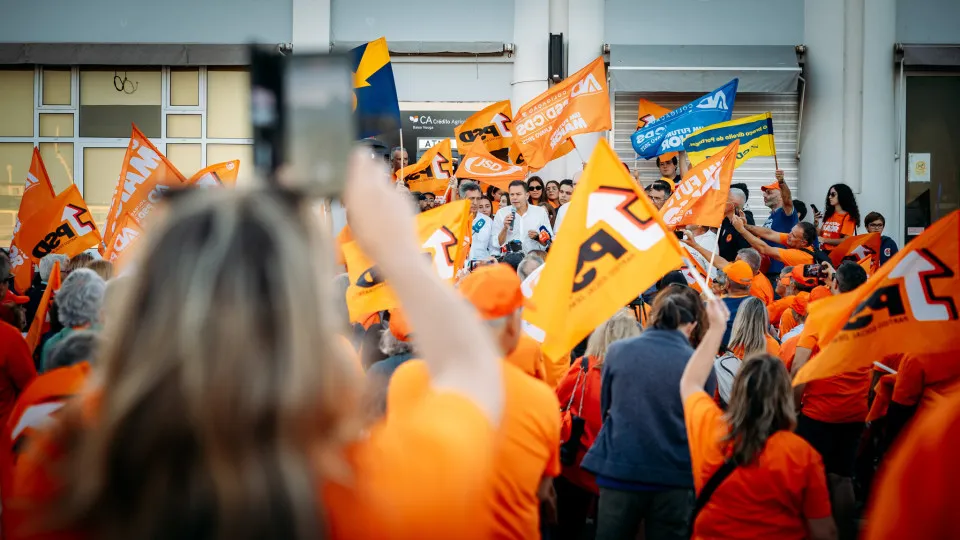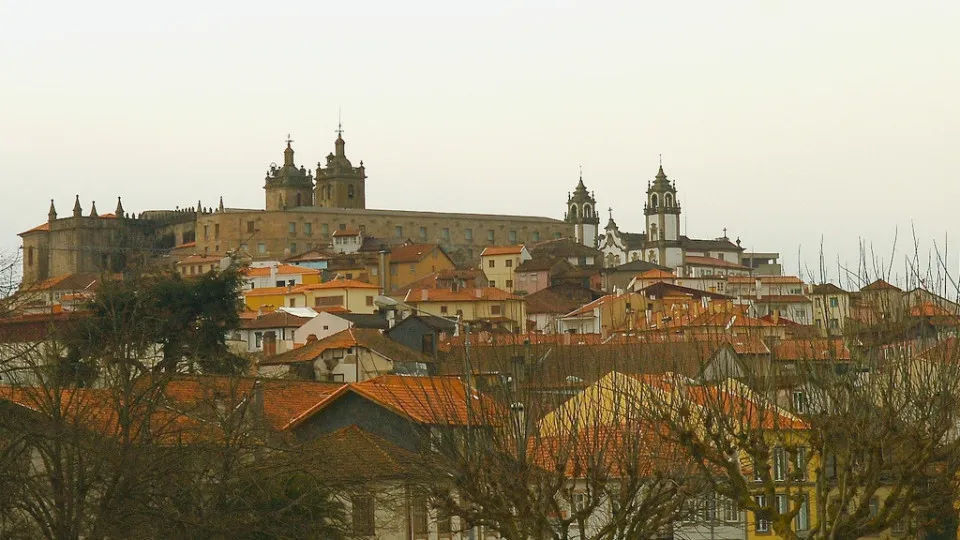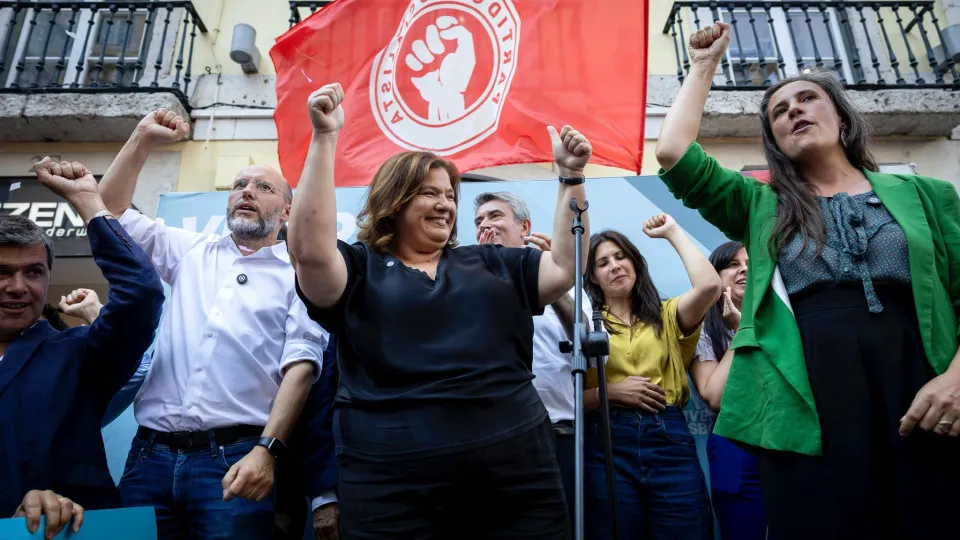
In Sunday’s elections, the PSD, with its own lists or in coalitions, won in 136 municipalities, compared to the PS’s 128—a shift from 2021 when the PSD won in 114 and the PS in 149 municipalities.
Among the ten largest population centers, coalitions led by the Social Democrats gained the councils of Gaia and Sintra from the PS, held onto Lisbon, Braga, and Cascais, and reclaimed Porto, a council lost in 2013 to an independent movement led by Rui Moreira.
In politically significant victories, the PSD took over Beja, Guimarães (a socialist stronghold), and Espinho, the hometown of Prime Minister Luís Montenegro, from the PS, and supported the winning list in Setúbal.
“I won’t say it’s a historic result, but it is extraordinarily significant,” declared the PSD president in Porto at the end of election night.
Despite losing the presidency of the ANMP, the PS continues to hold significant influence at the municipal level, owning councils across all districts of the national territory and in the autonomous regions of Madeira and the Azores.
Contrary to the legislative elections last May, where it finished third in the number of mandates, behind the AD (PSD/CDS coalition) and Chega, the PS now stands just eight councils shy of the Social Democrats and ahead of other political forces.
On election night, the Socialists pulled off surprising victories in Viseu and Bragança—district capitals traditionally dominated by the PSD—along with Faro and Coimbra. Additionally, they took Évora from the CDU in the south.
By the end of the night, PS General Secretary José Luís Carneiro emphasized that the worst electoral outcomes were not realized for his party.
“The PS returned as a major political alternative to the government. The PS showed vitality, and the Portuguese have renewed their trust in the PS,” José Luís Carneiro stated.
The results also indicated the continuation of the traditional bipolarity between the PSD and PS in local politics, challenging the tendency for tripartite competition (PSD/Chega/PS) that emerged from the May legislative elections.
In those May elections, AD won with a relative majority, while Chega came second in mandates (60 out of 230), surpassing the PS by two. In these local elections, Chega only won in São Vicente (Madeira), Albufeira (Algarve), and Entroncamento (district of Santarém), garnering just over 600,000 votes, down from 1.4 million in the legislative polls.
Reacting to the results, André Ventura acknowledged not achieving his goals but argued that Chega is a recent party.
“I’ve always said that parties of power must be municipal parties. We have taken that first step, but we are still far from our intended objectives,” he remarked.
The CDU suffered further losses in its national municipal standing, decreasing from 19 councils in 2021 to 12. It lost the district capitals Évora and Setúbal and retained only eight of the 19 councils it won in 2021 (Barrancos, Cuba, Arraiolos, Silves, Avis, Palmela, Seixal, and Sesimbra).
Mora, Montemor-o-Novo, Aljustrel, and Sines were now taken from the PS, with Mora and Montemor-o-Novo being recaptured by the CDU after losing them to the PS in 2021.
PCP General Secretary Paulo Raimundo admitted that his party saw an overall negative outcome, acknowledging that their losses outweighed individual successes.
The CDS maintained its six municipal councils, with its president, Nuno Melo, highlighting a remaining instance of a municipality under a Christian Democrat, despite being part of a PSD list—referring to the municipality of Meda, in the district of Guarda.




